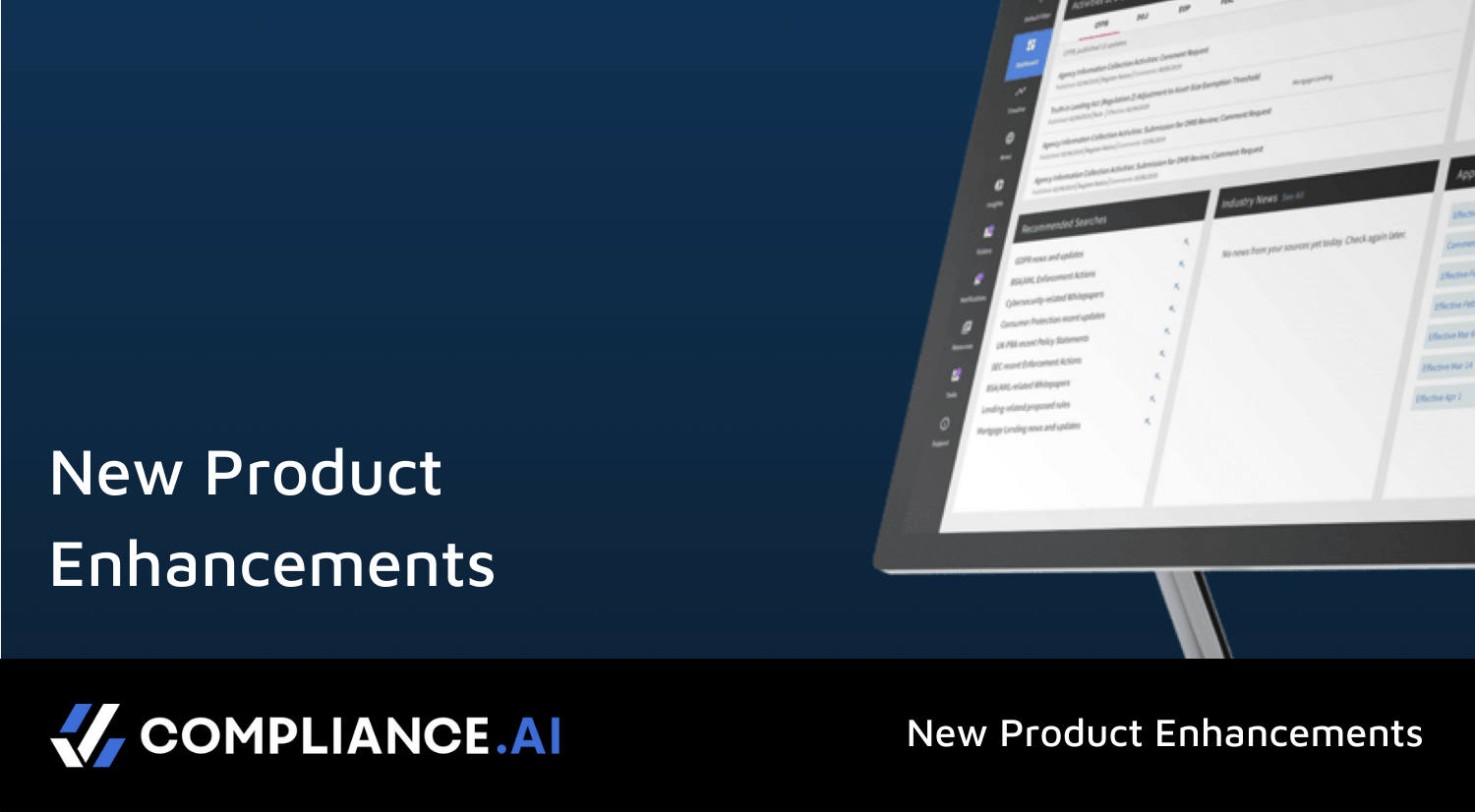To perform regulatory compliance the right way, (i.e., the act of monitoring and complying with the regular flow of regulatory laws, policies and mandates that impact their business operations), financial services firms and insurance companies need a robust content gathering operation to get the job done.
That’s where regulatory intelligence can save the day.
Regulatory intelligence is on a rising trajectory in 2021 as companies pour more assets into the business of gathering, developing and sharing data.
“In this current environment, regulatory intelligence is generally the monitoring, gathering, and analyzing of publicly available and experience-based regulatory information needed to develop a strategy for time- and cost-saving development,” state Daanish Ashraf, PharmD, and Kirsten Messmer, PhD, RAC, in a recent paper entitled “Evolution of the Regulatory Intelligence Profession” (April, 2021). “Regulatory intelligence is not just information and knowledge management. There is a need to put the “intelligence” into the collected regulatory information by conducting an impact analysis and efficiently disseminating findings to build strategies.”
Simultaneously, the ascent of artificial intelligence (AI) gives companies expanded access to new and emerging regulatory information and proposed mandates and legislation. For too long, the rapid pace of regulatory developments has overwhelmed already thinned-out legal, risk, and compliance departments and complicated compliance and risk management efforts at financial services firms. With artificial intelligence, what once took three days for compliance teams to accomplish can now be accomplished in three minutes.
That’s important to executive teams at financial services firms and insurance companies, as the stakes grow higher for better regulatory data and for more efficient regulatory management.
That’s where regulatory intelligence comes into play for heavily regulated firms. The technology not only produces better data, it also builds a new risk and compliance management environment that can give businesses a significant competitive advantage.
More firms are embracing regulatory intelligence. According to the Ashraf/Messmer study, just 7.9% of respondents said, “there was no regulatory intelligence function in place, suggesting that even smaller companies recognize the importance of the regulatory intelligence function.”
Even so, there’s plenty of upside growth for regulatory intelligence, as corporate decision makers begin to see the benefits of engaging with the technology. According to the same study, the regulatory intelligence profession is “still not sufficiently represented because only 15.8% of respondents indicated their company had more than 10 employees fulfilling regulatory intelligence roles.”
Three Things to Know About Regulatory Intelligence
Deploying regulatory intelligence brings a wealth of benefits to the C-level suite – and throughout the entire firm.
The regulatory environments marked by highly dynamic rules and regulations and frequent enforcement actions and decision. Regulatory intelligence enables legal, risk, and compliance teams to identify the data that best helps meet burgeoning regulatory environments.
Benefits of meeting those needs include:
A competitive advantage. Regulatory intelligence that’s both targeted and insightful can deliver firms a highly competitive business advantage by turning quality information into actionable processes that improve compliance and help to embed compliance into new products and services more quickly.
Enhances content. Having good content that provides robust regulatory information is desirable. Having good content that leverages AI to shine a light on exactly the content a firm needs is invaluable.
Empowers compliance teams. Getting good regulatory intelligence not only helps a company meet its compliance needs, it empowers compliance departments to accomplish more than they’ve ever accomplished before. Solid regulatory intelligence also helps compliance teams be more proactive and to get ahead of potential regulatory challenges.
Regulatory intelligence isn’t necessarily the same as regulatory information. It’s understandable that compliance teams equate regulatory intelligence with regulatory data and information. After all, accessing the content needed to meet ongoing compliance requirements is an information gathering operation.
That’s true – to a point. The reality is that regulatory information is a commodity (and a valuable one) that’s core to a compliance team’s mission of meeting regulatory requirements 100% of the time.
Regulatory intelligence, on the other hand, is the active component of taking that data, organizing it into a searchable library, enhancing the content with tags and annotations that help legal, risk, and compliance professionals to identify relationships between the hundreds of thousands of documents in the regulatory library, and dissecting and analyzing regulatory information to make good business decisions and reduce regulatory risk.
Consequently, one asset is the data and the other is the process of enhanceing that data to better accommodate the firm’s regulatory, risk, guidance, policy and operational needs. That’s a distinction worth making when investing in regulatory intelligence solutions.
What your regulatory intelligence team needs to bring to the table. Whether you’re using an in-house regulatory intelligence team or you’re working with a trusted regulatory intelligence third party, certain expectations must be met to maximize the regulatory management experience.
First among equals in that regard are the attributes and outcomes your regulatory intelligence team provides. At a glance, those processes should include the following:
- Thorough data analysis delivered on a daily basis.
- The ability to organize, enhance, and analyze the information needed to meet the firm’s compliance responsibilities.
- The ability to regularly track the regulatory landscape to best handle present and future regulatory policies, mandates, and legislation.
The Takeaway on Regulatory Intelligence
Good, actionable intelligence is no luxury for a 21st century company looking to expand and meet its regulatory responsibilities in the years ahead. It’s a necessity.
Regulatory intelligence can help companies grow and succeed by monitoring, analyzing and taking specific operational action on fast-moving regulatory requirements. With the path clear of compliance obstacles, companies can leverage regulatory intelligence to move quickly and efficiently. In doing so, they can move forward knowing the best course of action is in place and that their regulatory risks are safely in check.
Tags: compliance, finance, financial services, RegTech, regulatory intelligence






